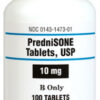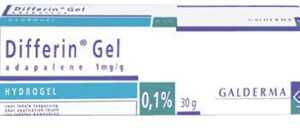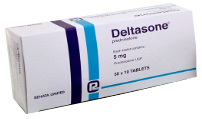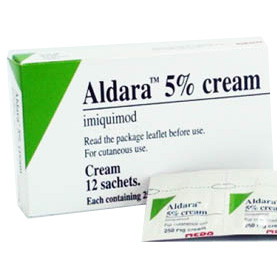Prednisone is a synthetic corticosteroid medication that belongs to a class of drugs known as glucocorticoids. It is commonly prescribed for its anti-inflammatory and immunosuppressive properties, making it effective in treating a wide range of conditions such as asthma, allergies, autoimmune diseases, and certain types of cancer. Prednisone works by reducing inflammation and suppressing the immune system’s response, thereby alleviating symptoms and promoting healing.
Avoiding Risks with Prednisone
While prednisone can be highly beneficial in managing various medical conditions, it is important to be aware of certain contraindications in order to avoid potential risks. Prednisone should not be taken by individuals who have a known hypersensitivity or allergy to corticosteroids. It is also not recommended for those with active infections, particularly systemic fungal infections, as it can suppress the immune system, making it difficult for the body to fight off infections. Additionally, caution should be exercised when prescribing prednisone to patients with certain medical conditions such as diabetes, osteoporosis, glaucoma, or mental health disorders, as it can exacerbate these conditions and lead to complications.
Prednisone and Your Health
As with any medication, prednisone may cause certain side effects. Common side effects include increased appetite, weight gain, difficulty sleeping, mood changes, and fluid retention. Long-term use of prednisone may also lead to more serious side effects such as osteoporosis, muscle weakness, thinning of the skin, easy bruising or bleeding, and increased susceptibility to infections. It is important to closely monitor your health while taking prednisone and report any concerning symptoms to your healthcare provider. Your doctor may adjust your dosage or prescribe additional medications to help manage these side effects.
How to Take It
When taking prednisone, it is essential to follow your doctor’s instructions and the prescribed dosage. Prednisone is typically taken orally in the form of tablets or liquid. It is usually recommended to take prednisone with food to avoid stomach upset. If you miss a dose, take it as soon as you remember. However, if it is close to the time for your next dose, skip the missed dose and continue with your regular dosing schedule. Do not double the dose to make up for a missed one. In the case of an overdose, seek immediate medical attention. Symptoms of an overdose may include increased thirst, urination, or appetite, blurred vision, confusion, and abdominal pain. It is important to be aware that abruptly stopping prednisone without proper tapering can result in adrenal insufficiency, so it is crucial to follow your healthcare provider’s guidance when discontinuing the medication.
Interactions Guide
Prednisone has the potential to interact with various drugs, including both prescription and over-the-counter medications, as well as herbal supplements. It is important to inform your healthcare provider about all the medications and supplements you are currently taking to prevent any potential interactions. Some medications that may interact with prednisone include anticoagulants, nonsteroidal anti-inflammatory drugs (NSAIDs), diuretics, vaccines, antifungal medicines, and certain antibiotics. These interactions can either decrease or increase the effectiveness of prednisone or other medications, or even lead to adverse effects. Your healthcare provider will evaluate these potential interactions and make adjustments to your treatment plan if needed.
Questions and Answers for Prednisone
-
Can prednisone be taken with alcohol?
It is generally recommended to avoid consuming alcohol while taking prednisone as it can increase the risk of certain side effects such as stomach irritation and impaired liver function.
-
Is prednisone safe to take during pregnancy or breastfeeding?
Prednisone should be used during pregnancy or breastfeeding only if the potential benefits outweigh the risks. It is important to consult with your healthcare provider and weigh the potential risks and benefits before taking this medication during these periods.
-
Can prednisone be taken with food?
Yes, it is generally recommended to take prednisone with food to prevent stomach upset.
-
Can prednisone interact with birth control pills?
Prednisone does not have any significant interactions with birth control pills. However, it is always recommended to inform your healthcare provider about all medications you are taking to ensure optimal contraceptive efficacy.
-
How long does it take for prednisone to start working?
The onset of action of prednisone may vary depending on the condition being treated. Some individuals may experience symptom relief within a few hours, while for others, it may take several days to a week before the full effects are observed.






Reviews
There are no reviews yet.